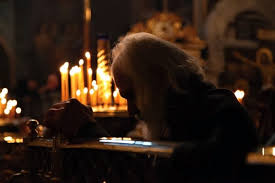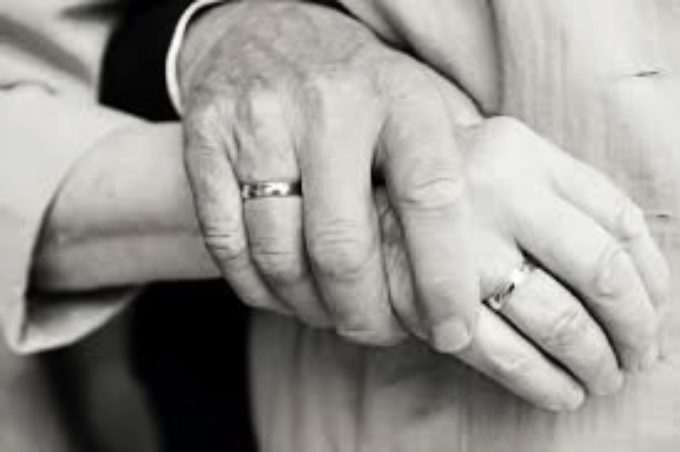- The only proper way for healing sickly nervousness goes through the true Orthodox faith, through repentance and the straightening of life according to the commandments of God.
- What is the most important for the man is to understand the reasons of his disease, to become fully aware of his helplessness, to hate the demonic sins of pride, vainglory, anger, idleness, lie, fornication, to have the willingness to change, to come back to God with true repentance.
- The Greek word soteria covers two concepts : salvation and healing. Therefore only on the path to salvation soul gains its healing. It is absolutely necessary for the man to go to attend the holy services, especially on Sundays and holidays, to participate at the Holy Sacraments of the Church; at the prayer the priest reads before confession are said the following words: you have come to the doctor, beware not to leave unhealed. We should approach the Holy Sacraments with broken heart, deep faith and hope in the mercy of God.
- It is highly recommended to read the Holy Scripture, especially the Gospel, to fulfill Christ’s commandments enclosed within it. Patristic literature is an invaluable aid. There are given in it the ideal models to be followed, are shown the true purpose of man, the greatness of the spiritual beauty, the patience and steadiness in face of adversities.
- Figments, fantasies of all kinds, sterile imagination, especially the sensual one, should be all avoided. Daydreaming and the inclination towards sterile imagining is a sin and not one of the smallest. Saint Silouan the Athonite said that this hides within pride from where the work of imagining takes power and humility on the contrary, makes it fade away. We must endeavour to develop within us with the help of God meekness and humility and uproot lie and hypocrisy.
- For everything is happening to us we must blame only ourselves. If we do this, in our souls will reign equilibrium, spiritual peace and tranquility. `If all men blamed themselves, peace would reign` archbishop Arsenios Jadanovski wrote. `If we blame ourselves we become able to endure offenses peacefully, without feeling them.` We must consider that we deserve the failures, falls, critics and even more than this we should consider ourselves worse and more unworthy than the others. Then any wish to get angry with someone from those around us will truly disappear.
- `Control your tongue so that your sins won’t increase` (Saint Anthony the Great) Who controls his tongue, protects his soul. (Proverbs 13,3) `The control of the tongue shows the wise man. `(Saint Isaiah)
- At the foundation of the various spiritual diseases (especially of the neuroses) stays the decrease of love from our souls – and where is no love, indifference, hate, lack of patience, anger, envy, fear grow.
- Many nervous people speak about the spiritual indifference, about the inner coldness they feel. Saint Seraphim of Sarov taught: God is a fire that warms and kindles the heart. Thus if we feel coldness within ourselves – and that is from the devil because he is cold – we should call God and by His coming He will warm up our heart with absolute love not only for Him but also for our neighbor. And when the warmth comes the coldness coming from the hater of all goodness will disappear.
- Here is another important spiritual remark : The enemy fell because of his pride. Pride is the beginning of sin. In it are comprised all evils: the vainglory, the lust for glory, for power, coldness, the hardening, the indifference towards the suffering of our neighbor, the tendency of dreaming, an increased imagining, the demonic expression of the eyes, the demonic character of the entire look, the gloominess, spleen, the despair, hate, envy, indifference towards the others, the irrepressible lustful desires, the wrenching inner anxiety, disobedience, fear of death or on the contrary the desire to commit suicide and last but not least complete madness. Here are the signs of the demonic spirituality but as long as they are not too obviously shown they remain unnoticed by the most (archimandrite Sophrony Saharov in the book about Saint Silouan the Athonite)
By Dr. Dmitri Avdeev
Source: ortodoxia.rol.ro





